Tadej Pogacar downplays the importance of the power meter and assures that he could often ride just using heart rate
In the days leading up to the 2024 Zurich World Cycling Championship, Tadej Pogacar spoke on the popular podcast The Drive about how he has been training and fueling himself throughout the season, an outstanding campaign in which he has practically won everything he has competed in. These statements debunk some myths about professional training and highlight the importance of other mantras.
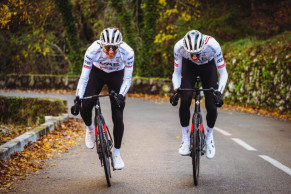
Pogacar trusts heart rate more than watts when training
In an era where power training is on everyone's lips and the power meter has become an essential tool for training management, a super class arrives, the best cyclist of today, and leaves us all astonished by affirming that he trusts heart rate data more, a parameter with which Tadej Pogacar has been training since he was 12 years old.
These statements only confirm that in the science of training, there are multiple paths to reach the goal and that there is no absolute recipe that is correct, but rather that some methodologies work better for some cyclists than others.
RECOMENDADO
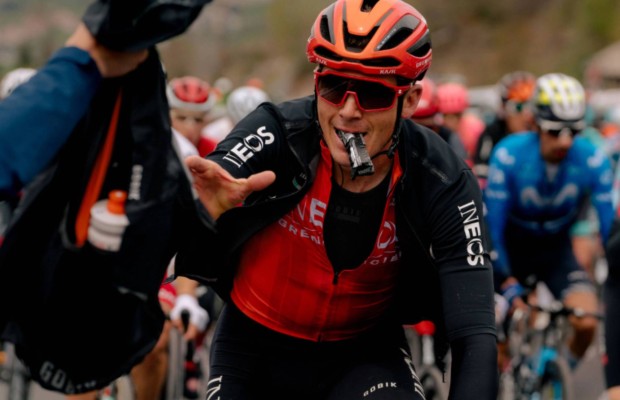
What are nitrates and why will they give you an extra boost in your performance on the bike?
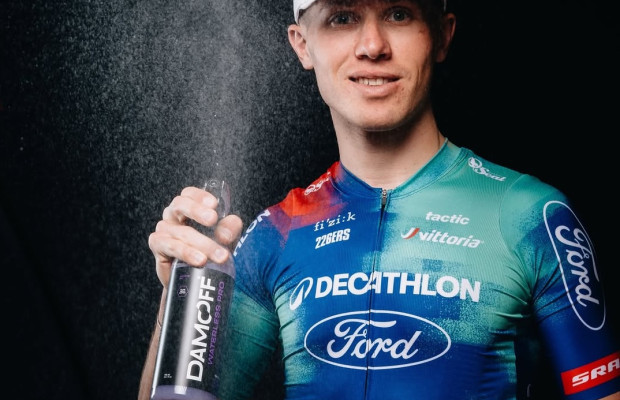
How to wash your bike at a gas station without ruining it
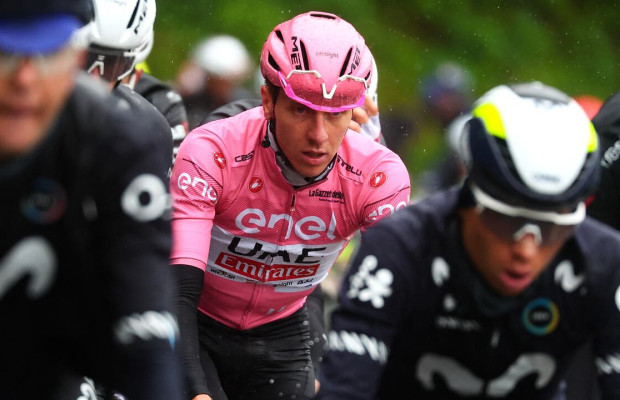
Tips for staying motivated to go out riding when cold, rain or night lurk
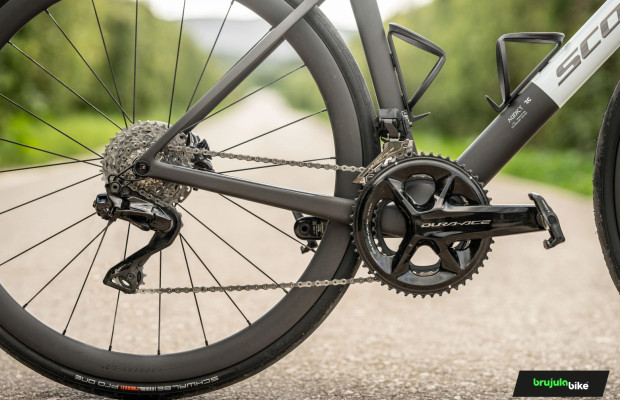
How to choose the right crankset and cassette: a guide to find the right ratio and extend the life of your bike

Can I go cycling with the flu or a cold?
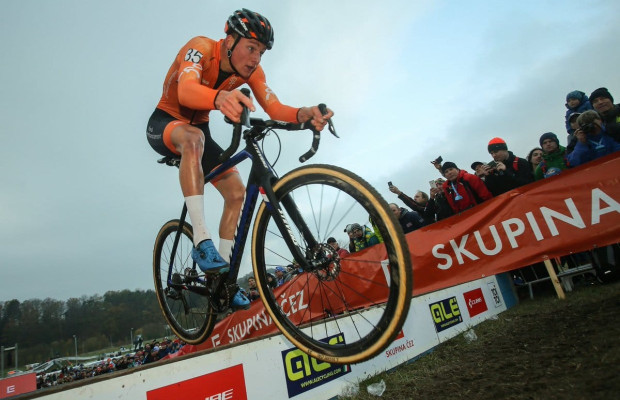
He invented the idea of jumping over the planks, which earned him a World Championship against Van der Poel
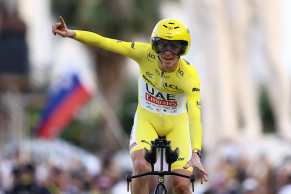
In the case of Tadej Pogacar, the Slovenian obviously uses the power meter in his training; however, he considers that current models are not as precise as they should be and are too often affected by external values such as temperature changes. Instead, Pogacar states that he knows his body's responses in great detail and has been monitoring his heart rate since he started cycling, so he knows exactly how it corresponds to the level of effort he is putting in. Especially when relating heart rate and watts to determine if the watts he needs to maintain are sustainable or not.
These statements, for example, contrast with those of Remco Evenepoel after completing the time trial at the 2024 Zurich World Championship without power meter data due to a connection failure between it and his cycle computer in what he described as the hardest race of his life.
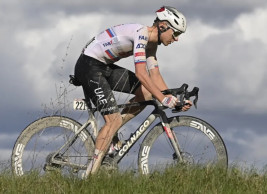
Beyond the use of heart rate, Tadej Pogacar talked about training in zone 2, commonly known as endurance training. Although it is one of the most overlooked training zones by amateur cyclists, Pogacar confirms what almost all coaches have known for decades: volume is an essential part of a professional's training, and they spend many of the many kilometers they ride each year training in that zone.
However, zone 2 for a cyclist like Tadej Pogacar is very different from what it is for an amateur cyclist. While Tadej Pogacar may be in the 140-145 heart rate range in zone 2 when fatigued and 150-155 when fresh, heart rates that could be common for many of us who go out cycling, that heart rate for the Slovenian translates to between 320 and 340 W, figures that for most amateur cyclists would mean riding in zone 4 or 5.
However, Tadej Pogacar is able to maintain these watts for 4 or 5-hour sessions, although he admits that it would be a high zone 2, a training that would require him to rest the next day. Under normal conditions, his long zone 2 workouts are around 290-300 W.
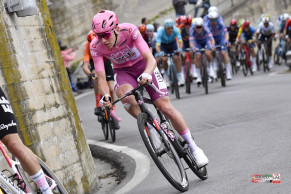
Regarding this, Pogacar differentiates when he trains in the Monaco area, full of small climbs where his endurance workouts are in the upper part of zone 2 on the climbs while he takes advantage of the descents to recover a bit. However, when he travels to the Calpe area or in Slovenia, with more flat terrain options, he says he loves to do 5-hour sessions in zone 2 without stopping.
Tadej Pogacar also spoke about his nutrition method, and here it is surprising that the Slovenian is not particularly obsessive about it and does not give up a piece of chocolate or a cake occasionally. "If you restrict your diet too much and don't have chocolate, after 1 or 6 months, one day you will lose control and go crazy. I don't think that's a good relationship with food." This way, he manages to not feel anxious about eating the wrong things for the rest of the year when the season ends, so he says he doesn't gain too much weight in winter.